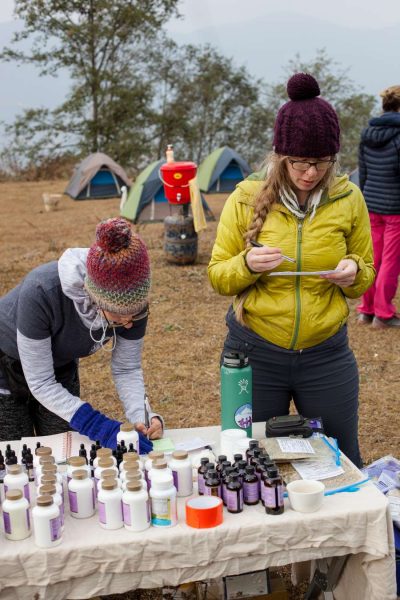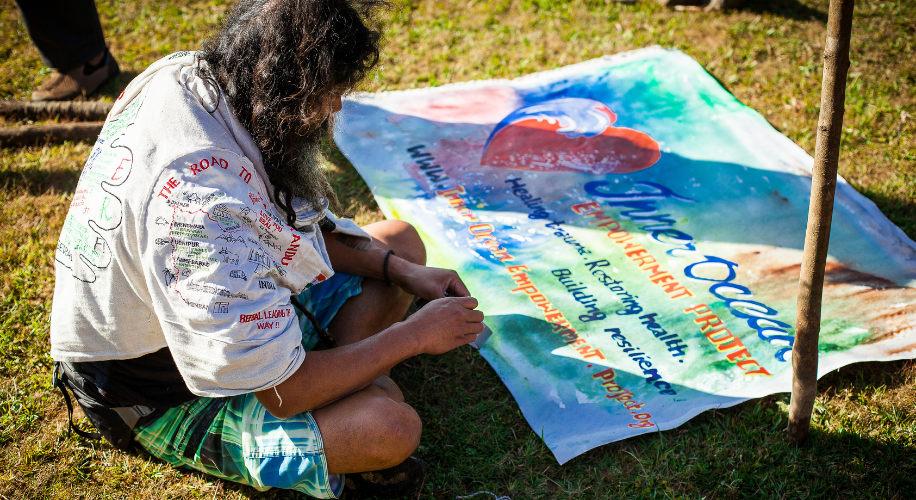We believe that presence, education, and trauma-informed, healing centered care can intervene in the face of even the most severe and perpetual suffering.

The ancient eastern Asian cultures recognized that even though we draw vital energy from many sources in our lives, we store it in a central channel held deeply within our bodies.
This pool, often referred to as a Sea or Ocean in the classic medical texts, is a reservoir of energy for the body, mind and spirit to draw from throughout our entire lives.
When our Inner Oceans are abundant and full of life, we also feel this way and find it easy to be open-hearted, to share our resources, to feel connected to others and this planet, and to find resilience in difficult times.

The opposite is true when we have taxed this life-giving resource: we may feel exhausted, careful to extend ourselves, and downright hopeless.

When our Inner Oceans are depleted, we may not even have the energy for the simplest of things because it puts our nervous system into a state of “survival-mode”.
This is where violence, addiction, and the cycle of trauma begins: in the powerlessness that a lack of resources fuels.
Our goal at Inner Ocean Empowerment Project is to assist in the nourishment and repair of Inner Oceans all around the world.

Our Guiding Principles
- Engaged Buddhism: The organization’s foundation in the principles of Engaged Buddhism highlights the importance of finding harmony inside oneself to create and sustain balance and well-being in the collective.
- Eastern Medicine and Somatic Psychology: Mindi’s expertise in Eastern medicine and somatic psychology serves as a core component of the holistic healing services offered.
- Community Engagement: The Inner Ocean Empowerment Project focuses on not only individual healing but also community healing. It recognizes that healing is a collective experience.
- Empowerment: The organization’s emphasis on empowerment encourages that individuals and communities are active participants in their own healing journeys. It provides tools and knowledge to support this self-leadership.
- Philanthropy and Aid: Through the delivery of critical medical supplies, the organization plays a critical role in addressing immediate needs in the aftermath of traumatic events.
- Long-Term Healing: The holistic approach employed by the Inner Ocean Empowerment Project suggests a commitment to not just short-term relief but long-term healing and well-being.
